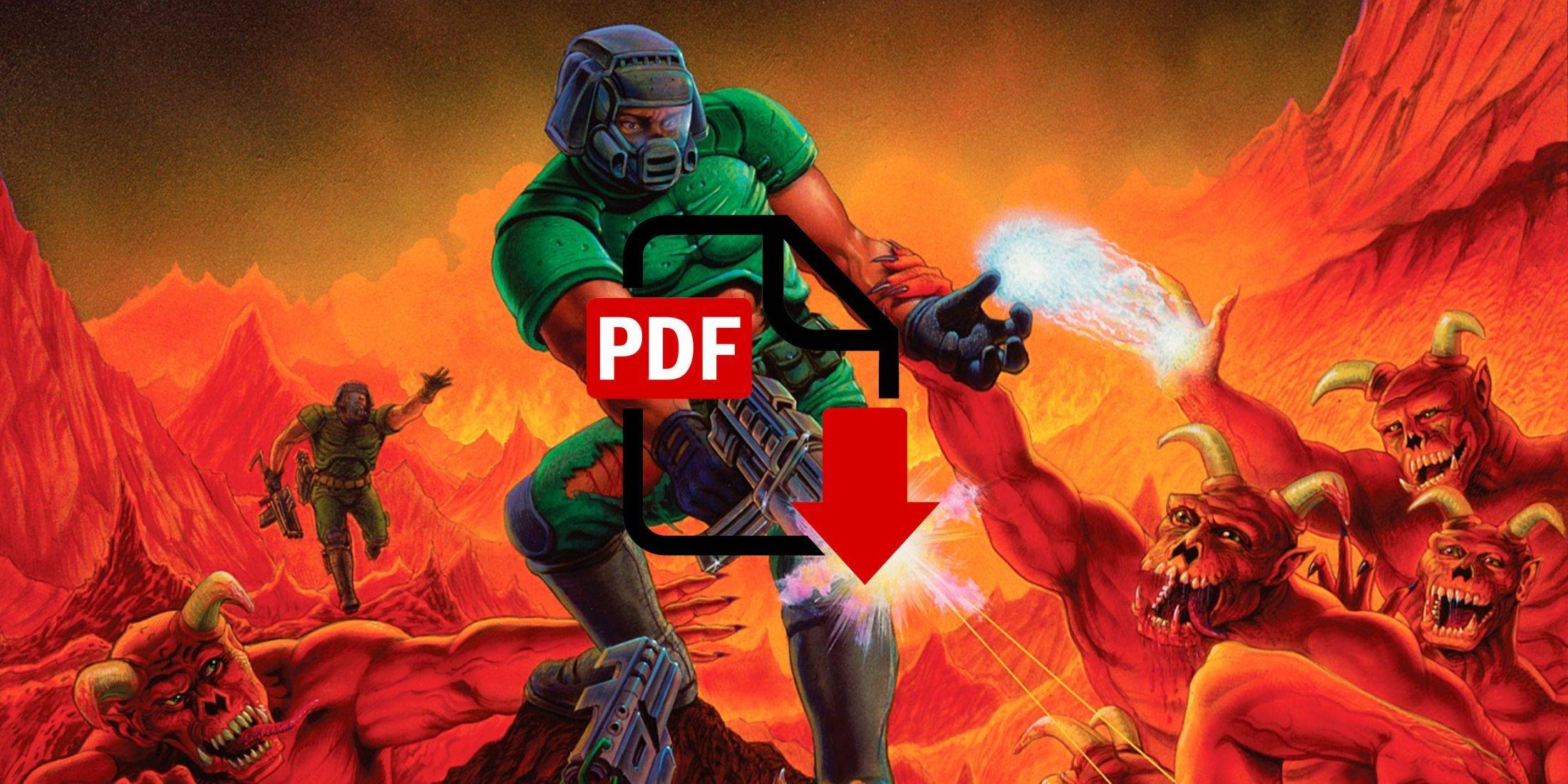Doom Has Been Ported to a PDF File
- By Thomas
- Feb 27,2025

Doom's Unexpected PDF Port: A Testament to its Enduring Legacy
A high school student has achieved the seemingly impossible: porting the iconic 1993 first-person shooter, Doom, to a PDF file. While the resulting experience is slow, it remains playable, adding another bizarre platform to Doom's already impressive list of unconventional hosts.
Doom's compact size (a mere 2.39 megabytes) has always been a key factor in its portability. This has led to a long-running trend of enthusiasts running the game on everything from refrigerators and alarm clocks (like the Nintendo Alarmo, successfully ported in November) to other video games (such as Balandro). These endeavors, often hampered by performance limitations, aren't about optimal gameplay; they're about showcasing the game's remarkable adaptability and the ingenuity of its fans.
GitHub user ading2210's PDF port leverages JavaScript's capabilities within the PDF format, enabling 3D rendering and other functionalities. However, the limitations of rendering a 320x200 resolution image using text boxes necessitate a compromise: one text box per screen row, resulting in a significantly slower frame rate (80ms per frame) and a monochrome, soundless, text-free experience. Despite these drawbacks, the game remains functional.
High School Student Brings Doom to PDF
The continued exploration of novel ways to run Doom underscores its enduring impact on gaming. Over three decades after its release, Doom remains a source of fascination and creative experimentation, proving its lasting legacy and inspiring countless programmers and gamers to push the boundaries of what's possible. The future undoubtedly holds even more unexpected Doom ports.
Latest News
more >-

- Prime Youth Offer: A Top Deal I Miss As An Adult
- Dec 27,2025
-

- LoL First Stand 2025: Why It Matters
- Dec 26,2025
-

-

- Atlan Crystal: Boost Gear Quality Guide
- Dec 25,2025
-

- The Witcher 3 Mod Support Patch Pushed to 2026
- Dec 25,2025



